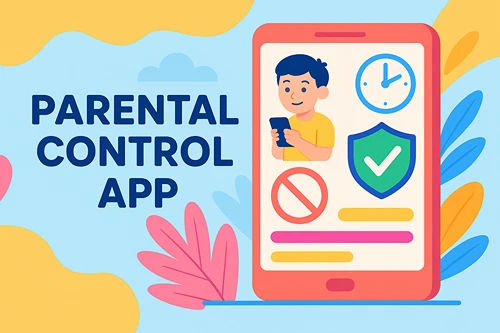Preparing for Careers in IT: A Comprehensive Guide for Students
Information Technology (IT) is one of the most dynamic and promising fields that students can consider for a vibrant lifelong career. As technology continues to evolve, the demand for skilled IT professionals is expected remain strong and even rise to new levels.
For students aspiring to enter this vibrant sector, preparation is key to meet recruitment standards. Here’s a detailed guide on how students can effectively prepare for careers in IT.
Educational Foundation
Formal Education
A strong educational background in IT or related fields such as computer science, information systems, or software engineering is essential. Students should aim to:
- Pursue relevant degrees: Enroll in bachelor’s programs that focus on core IT subjects like programming, data structures, algorithms, and systems design.
- Attend reputable institutions: Consider schools with robust IT programs and industry connections.
Certifications
In addition to formal education, industry-recognized certifications can significantly enhance a student’s resume. Key certifications include:
- CompTIA A+, Network+, and Security+: Foundational certifications covering essential IT knowledge.
- Cisco’s CCNA and CCNP: Focus on networking skills.
- Microsoft Certified Solutions Expert (MCSE): Specializes in Microsoft technologies.
- Certified Information Systems Security Professional (CISSP): Advanced cybersecurity certification.
Practical Experience
Internships
Internships provide real-world experience and exposure to the IT work environment. Students should:
- Seek internships: Apply for internships at tech companies, startups, or IT departments within various industries.
- Gain diverse experiences: Work in different roles such as support, development, and cybersecurity to find their niche.
Projects and Labs
Hands-on projects and lab work are crucial for applying theoretical knowledge. Students can:
- Participate in hackathons: These events foster problem-solving skills and innovation.
- Work on open-source projects: Contributing to open-source projects on platforms like GitHub can build skills and showcase talent to potential employers.
Skill Development
Technical Skills
Mastering technical skills is fundamental. Key areas include:
- Programming languages: Proficiency in languages like Python, Java, C++, and JavaScript is essential.
- Networking: Understanding networking concepts and protocols.
- Cybersecurity: Knowledge of security principles and practices to protect data and systems.
- Cloud computing: Familiarity with cloud platforms like AWS, Azure, and Google Cloud.
Soft Skills
Equally important are soft skills, which enhance employability:
- Communication: Ability to convey complex information clearly and effectively.
- Problem-solving: Analytical skills to troubleshoot and solve technical issues.
- Teamwork: Collaborating effectively in diverse teams.
Staying Updated
Continuous Learning
The IT field is ever-changing, requiring constant learning. Students should:
- Follow industry trends: Keep abreast of the latest technologies and best practices through blogs, forums, and news sites.
- Attend conferences and seminars: Events like CES, DEF CON, and local tech meetups provide learning and networking opportunities.
Professional Networks
Building a professional network can open doors to job opportunities and mentorship:
- Join professional organizations: Groups like IEEE, ACM, and local tech clubs.
- Engage on social media: Follow industry leaders on platforms like LinkedIn and Twitter.
The Role of IT Recruitment
Meeting the demand for IT personnel depends on the availability of skilled IT professionals who can maintain and advance educational platforms. This is where IT recruitment becomes significant. By sourcing talented IT professionals who can develop secure, user-friendly educational tools, recruiters play a crucial role in ensuring educational technologies meet the highest standards of effectiveness and safety.
Industries that hire IT employees and consultants including education, finance, cybersecurity, healthcare, telecommunications, researchers, and governments. Understanding what a technologically advanced professional profile looks like is beneficial. For example, an SQL resume sample demonstrates how specific technical skills are highlighted. Such resumes are crucial for job seekers in the tech industry, showcasing their expertise in SQL programming—an essential skill in many digital roles.
Career Planning and Job Search
Resume and Portfolio
Creating a strong resume and portfolio is crucial for job applications:
- Showcase skills and projects: Highlight relevant experience, projects, and certifications.
- Include a portfolio: A portfolio of projects, especially those hosted on platforms like GitHub, can demonstrate practical skills.
Job Search Strategies
Effective job search strategies include:
- Leveraging job boards: Use sites like Indeed, Glassdoor, and specialized tech job boards like Stack Overflow Jobs.
- Networking: Tap into professional networks and attend job fairs.
Conclusion
Preparing for tech careers require a combination of formal education, practical experience, continuous learning, and effective job search strategies. By building a solid foundation in technical and soft skills, staying updated with industry trends, and actively engaging in professional networks, students can position themselves for success in this dynamic and rewarding field.





